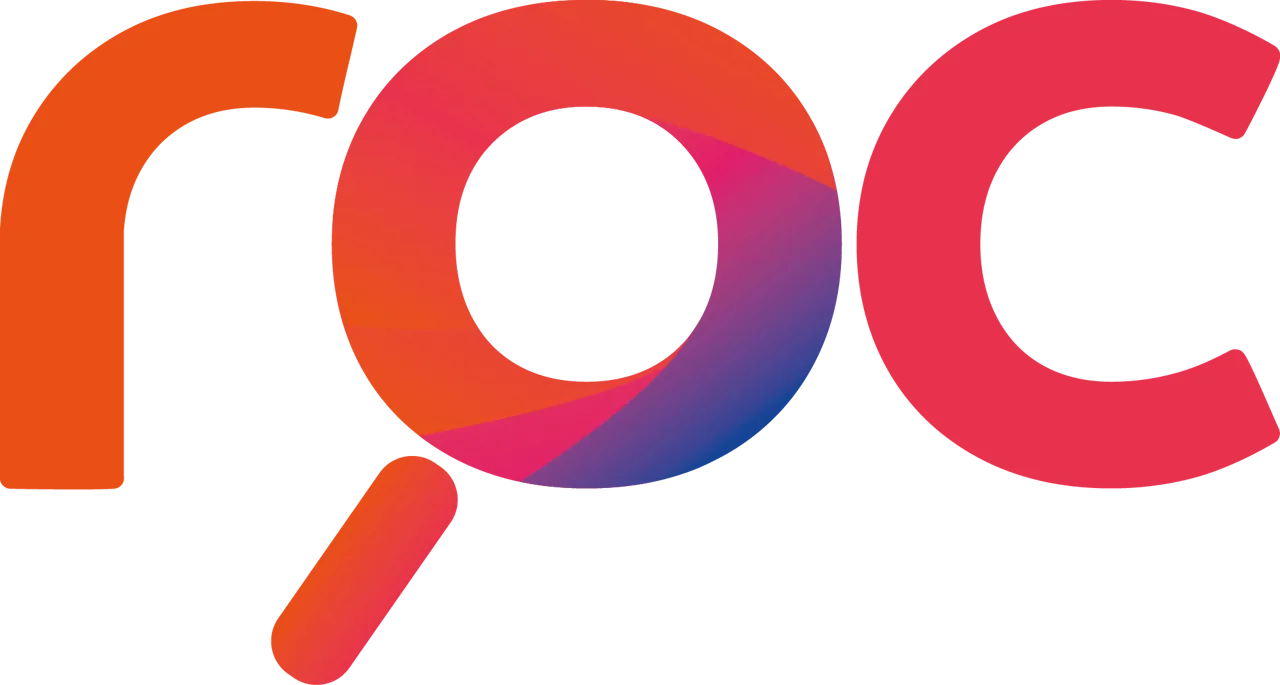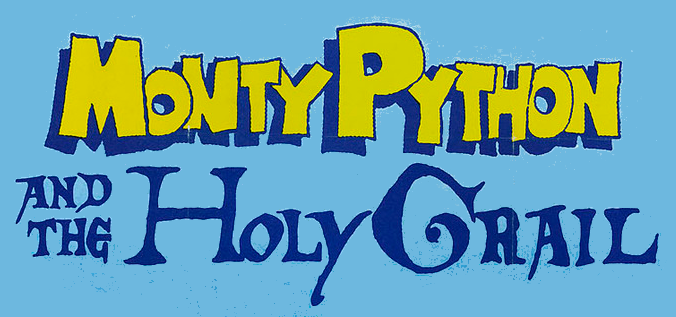“I certainly didn’t set out to create a language that was intended for mass consumption”
Well, despite the best intentions of its founder Guido van Rossum, as revealed in an interview with The Economist, Python has become one of the most widely used programming languages today. Incredibly, the Dutch computer scientist invented it in 1990, becoming its benevolent dictator for life (BDFL) or chief ‘Pythonista’ – a role which he has since relinquished.
According to a 2018 survey carried out by StackOverflow, the largest online community where developers can learn, Python has become the most popular programming language in the world. Why?
Developers will tell you that it’s easy to pick up and uses simple syntax, so it’s a great choice for those wanting to learn how to code. Such is its versatility that it’s known as the Swiss Army knife of the coding world.
But it is perhaps in the realm of artificial intelligence and machine learning where we’re seeing its biggest impact. And none more so than in the field of data science, which is now so critical to organisations as they seek to develop tools and software to help them make critical business decisions. In fact, if you look at data scientist and data scientist engineer roles, Python is often a pre-requisite. It’s far more powerful than say Excel.
Demand for language skills
While knowledge of Python will certainly make you more marketable in 2019, there are a number of other skills that are also still very much in demand. According to TIOBE, the software quality assessor, the number one language still remains Java, followed by C. As you’d expect, other programming languages that make their January 2019 Index’s Top 10 (a measure of popularity) include C++, Visual Basic .NET, JavaScript, C#, PHP and SQL.
Those looking for both permanent and contract roles in the UK are in a terrific position, as there are more opportunities than available specialists. Demand is outstripping supply. To give you a sense of just how much, the latest Office for National Statistics (ONS) figure reveal that the number of unfilled vacancies in the ICT sector rose by 24.3% compared to the previous 12 months, one of the highest increases across all sectors.
So all things considered, 2019 looks set to be another bumper year. Those developers and programmers who can demonstrate the right skills sets, experience and industry track record will continue to command excellent rates and remuneration packages across the UK. You don’t need reminding however that to succeed in this industry, you have to keep up with technology as it evolves. And that means summoning all your problem solving and analytical thinking skills!
In case you’re wondering, Python was named after the British comedy group. It’s certainly having the last laugh now.
To see what’s out there for you, please visit www.roc-search.com. You can contact me direct at g.dent@roc-search.com or call 0118 900 6750.



